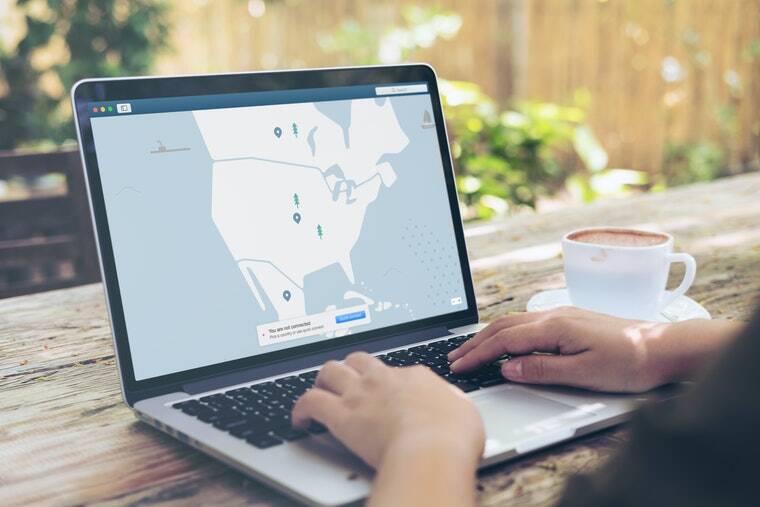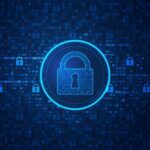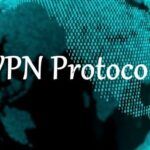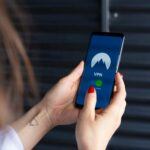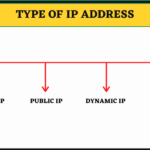You probably don't want someone staring at you through your home window to see what you're doing. But did you know that strangers can peek through your browser window? It happens more often than you might think. This is why your VPN should always be turned on.
Reasons why a VPN should always be turned on/used
"Should I turn on the VPN?"
Yes.
VPN provides the best online security, so a VPN should always be turned on to protect yourself from data breaches and cyberattacks when using public W-Fi, and from intrusive snoopers like ISPs or advertisers.
A VPN hides your location by connecting to a remote server, so no one can know what you're browsing and where.NordVPNThere are also many additional features, such as threat protection or a kill switch, for an extra layer of protection.
8 Scenarios When VPNs Are Highly Recommended
- Keep the VPN turned on when using public Wi-Fi.
Public Wi-FiNot encrypted, so hackers can easily intercept the connection and steal your personal information. Encryption protects and secures everything you do online by shredding your traffic into gibberish, and it's all that a hacker will see once they get hold of it.
Fortunately, using a VPN will encrypt your public Wi-Fi connection. NordVPNstrong encryptionAlgorithms hide your online activity and protect you from malicious actors who try to covertly intercept your connections and steal your personal information.
A common public Wi-Fi trick is the evil twin attack, where a hacker sets up a Wi-Fi network similar to what you'd expect to use, hoping you'll be able to connect to it. These spoofing networks can steal your personal or financial information, so keep that in mind when connecting to Wi-Fi at a hotel, coffee shop, or airport. - Keep your VPN turned on when you are in a country with severe internet restrictions and a low internet freedom index.
Some countries impose severe penalties for accessing certain content. You might even end up in jail in some places, so using a VPN can really save you. Some VPNs have extra protection against these threats. For example, NordVPN’sKill Switch functionwill turn off your internet connection in caseVPN connectionstop suddenly. - Keep your VPN turned on when you send sensitive data or perform financial transactions.
Hackers may intercept your connection, but with VPN encryption, your traffic is hidden from potential snoopers and third parties, which is useful if you're doing online banking on the go.
Bank fraud and credit card fraud are among the most worrying cyberattacks. In fact,darknetThe Internet is filled with databases full of credit card details that are often exchanged between hackers for a few dollars.
existman-in-the-middle attackIn , hackers put themselves between your device and your internet connection to steal your information in transit. Bank websites themselves are always encrypted, so your details should be safe on their website. But your details can also be stolen and intercepted in other ways, such as when you connect to public Wi-Fi and conduct a transaction, or when you pay for something on an unencrypted website. Always use a VPN to encrypt any internet connection and help protect your data. - Keep your VPN turned on when you want to avoid bandwidth throttling.
Sometimes ISPs tend to slow down users' traffic. This is because some ISPs don't have enough resources to handle 24/7 streaming and gaming. So what they do is reduce the traffic of users who engage in these activities during certain times, or generally when such activities are at their peak. By using a VPN, your ISP won't see what you're doing, so it's less likely to slow down your connection. - Keep your VPN turned on without the HTTPS extension.
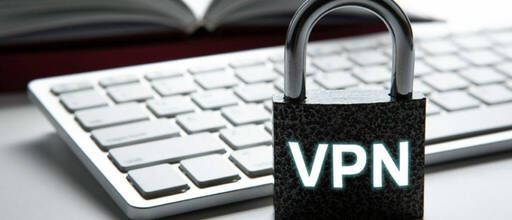
Not all websites are equally secure. Some websites still don't use the secure HTTPS extension, but instead use the old HTTP. HTTPS uses the TLS protocol to encrypt data transmitted between users and websites. However, you should still use a VPN when visiting HTTPS sites.
HTTPS only encrypts your connection to the website, while VPN encrypts all your connections. HTTPS encryption is generally weaker than VPN encryption.
Additionally, VPNs can provide many other security features, such as threat protection and kill switches. NordVPN's Threat Protection feature protects you from anymalicious softwareof malicious websites warns you before that, if your VPN fails, the VPN Kill Switch will cut your device from the internet. This way, you are protected even in unpredictable situations. - If you want to bypass the firewall, turn on the VPN
A firewall is to the Internet what a secretary is to a CEO, controlling, restricting, and even preventing information from passing through. This feature helps protect the network from malicious activity.
Universities, schools, or workplaces often have firewalls to protect other users on the network. Users can be detected by their device's IP address, but sometimes that IP address changes if you move abroad. Firewalls can react to this by blocking your access.
A VPN allows you to bypass firewalls by connecting to servers located in other countries. For example, this makes the internet think you are in the UK instead of the US.NordVPN lets you connect to servers in 59 countries around the world. - Keep the VPN turned on if you encounter malicious pop-ups or annoying ads
NordVPN hides your online activity and protects you from unwanted ads for a smoother browsing experience.
Personalized ads are a pain. One day you search for a black leather sofa bed, and the next month you see that's all you'll find online. But how do these ads follow you? Well, third parties and your ISP can snoop on your online activity and sell it to advertisers who use it to target you with relevant products. A VPN hides your online activity from third parties and your ISP, making you virtually invisible online. So if you're tired of personalized ads that track you online, keep your VPN turned on at all times.
NordVPN'sThreat Protectionfunction also usesad blockingBrowser to protect you from malicious ads and sites known for phishing attacks and hosting malware. Threat protection is an invaluable tool as part of a VPN, especially since you can barely tell when an ad is malicious. Clicking on malicious ads can download malware or viruses onto your device, and malicious websites can steal your personal information, especially since they are not encrypted. - If you want to browse privately, keep the VPN turned on.
A VPN is an everyday must-have tool for online privacy and security. Think of a VPN as the virtual equivalent of the blinds in your home.
Whenever we go online, we are being watched. ISPs log every website you visit, and unknown third parties keep track of everything you do online. Your data is often sold to advertisers and traded with authorities who often build complex profiles of citizens. Let's face it: Most aspects of our lives can be tracked online -- so information about you may be more telling than you might think.
When using a VPN, you connect to the Internet through the VPN's private encrypted servers rather than the ISP's unencrypted servers. This means anything you do online is hidden from your ISP, snoopers, and other third parties.
A VPN gives you the most important privacy and excellent online security. If you keep the VPN on, it will keep your browsing private and help protect your personal information from spies. All you have to do is download NordVPN and open the app to start browsing privately.
Before you start wondering how big the difference is between a VPN and a private browsing tab, know it's huge. The Private Browsing tab ensures that the websites you visit are not stored in the browsing history of the device you are using. However, your online activity can still be seen by your ISP and snooping third parties
When should you consider turning off the VPN
While it is recommended to disable VPNs as little as possible, there are exceptions:
In some situations, such as when playing games or downloading large files, internet speed is critical. Because the VPN creates an encrypted tunnel and connects to the remote server, which requires additional traffic resources, in this case, the VPN may slow down the speed. However, NordVPN offersvery high speed, you might not even notice any difference.
While it's highly recommended to keep the VPN on most of the time, make sure you're using a reliable service. Make sure the VPN service doesn't store your data, has a variety of servers to choose from, and comes from a reliable provider.
Try NordVPN for extra protection with lightning-fast speeds and an easy-to-use interface.
